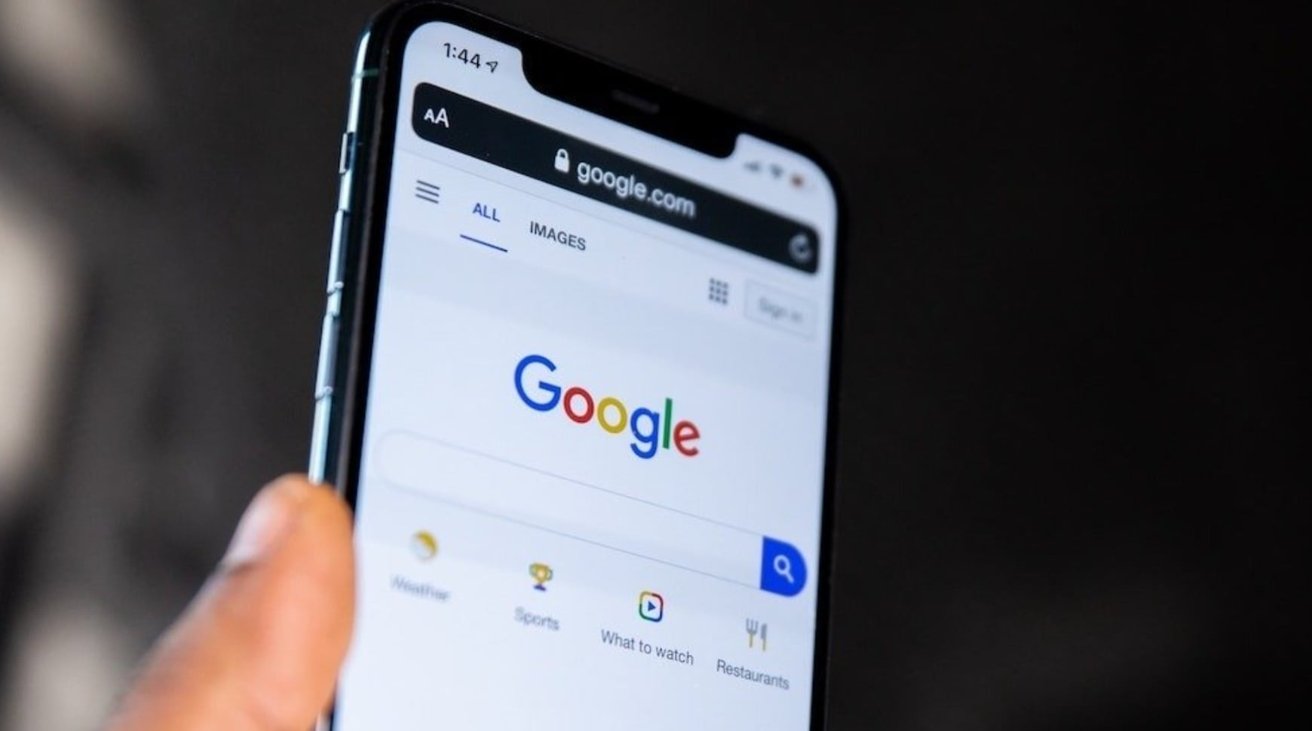Google has failed to convince a court to kill off a $5 billion class-action lawsuit alleging it continues to track users despite efforts to turn off data collection, including "private browsing" modes in Safari and other browsers.
A class-action lawsuit from June 2020 claimed Google was able to track the online habits of web users, in spite of attempts by users to prevent such tracking from taking place. In a Friday ruling from U.S. District Judge Lucy Koh for the Northern District of California, Google's attempt to throw out the lawsuit was denied.
The lawsuit alleges Google collects data on its users through a "pervasive data tracking business," with it collecting browsing history and other online activities. Crucially, the lawsuit insists such tracking is done even if "incognito" mode in Chrome is used, or any other "private browsing" modes are engaged in browsers like Safari.
All of this is allegedly done without the user's permission. However, Bloomberg reports Google argued that the consent was provided by users, with the privacy policy explicitly disclosing its data collection processes.
Furthermore, Google also claimed that there is no expectation of privacy for anyone attempting to use any private browsing modes.
"Google also makes it clear that Incognito 'does not mean invisible,' and that the user's activity during that session may be visible to websites they visit, and any third-party analytics or ad services the visited websites used," the search giant argued.
In her ruling, Judge Koh wrote "The court concludes that Google did not notify users that Google engages in the alleged data collection while the user is in private browsing mode," while dismissing the attempt to toss the case.
During the hearing on February 26, Koh admitted she was "disturbed" by Google's practices. Koh also proposed it was odd for a company like Google to make the "extra effort" of collecting the data if it didn't use that same data for targeted advertising.
The $5 billion lawsuit seeks $5,000 in damages per user for violating federal wiretapping and California privacy laws.
The lawsuit update arrives at a sensitive time for Google's ad business, which could be affected by Apple's Ad Tracking Transparency update for iOS 14. The update will force app developers to seek permission to track the user's device, activity that enables targeted advertising systems like Google's to function.
On March 3, Google reaffirmed plans to remove ad-tracking cookies from Chrome by 2022 and would work to create a "more privacy-first web." It is likely that Google can phase out the use of cookies in favor of other alternative tracking techniques, in part due to its size and reach in advertising.
Stay on top of all Apple news right from your HomePod. Say, "Hey, Siri, play AppleInsider," and you'll get latest AppleInsider Podcast. Or ask your HomePod mini for "AppleInsider Daily" instead and you'll hear a fast update direct from our news team. And, if you're interested in Apple-centric home automation, say "Hey, Siri, play HomeKit Insider," and you'll be listening to our newest specialized podcast in moments.
 Malcolm Owen
Malcolm Owen







-m.jpg)







 William Gallagher
William Gallagher

 Wesley Hilliard
Wesley Hilliard



 Christine McKee
Christine McKee




-m.jpg)




13 Comments
A couple of years ago I read an article about an experiment to see if they could be totally Google free in their internet use. This person had to go to a ludicrous amount of net filtering to remove all connections to Google.com when they hit the web. Apparently Google has their fingers in almost every corner of the internet. It would be interesting to see if this is or will be part of the lawsuit.
Even for google, 5bn is a pretty big ouch. I hope California win all the way to the Supreme Court.
When will people finally be educated and willing to admit that Google, Facebook, Twitter, and the rest make money only one way, collecting/tracking customer data and selling it to advertisers? They have no other significant sources of revenue. If they can’t track people they can’t exist, period. How hard is that to understand?
Money shot...
"
Is that ‘Newspeak’ or what?
"
I suppose when they lose they're going to argue that the court should have no expectation of payment when it issues fines.